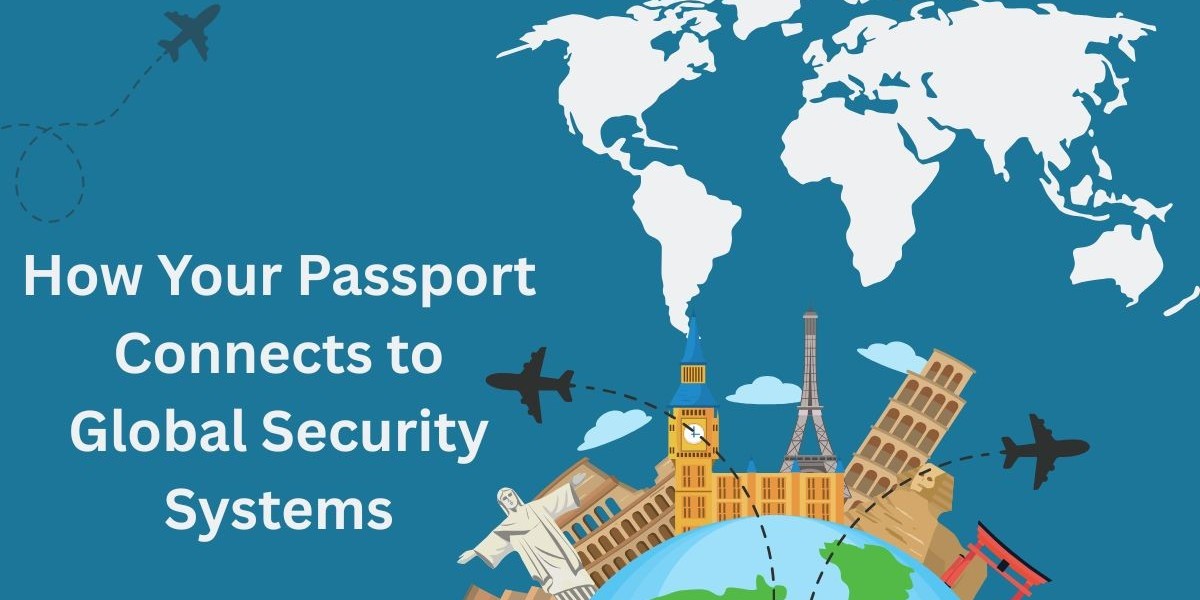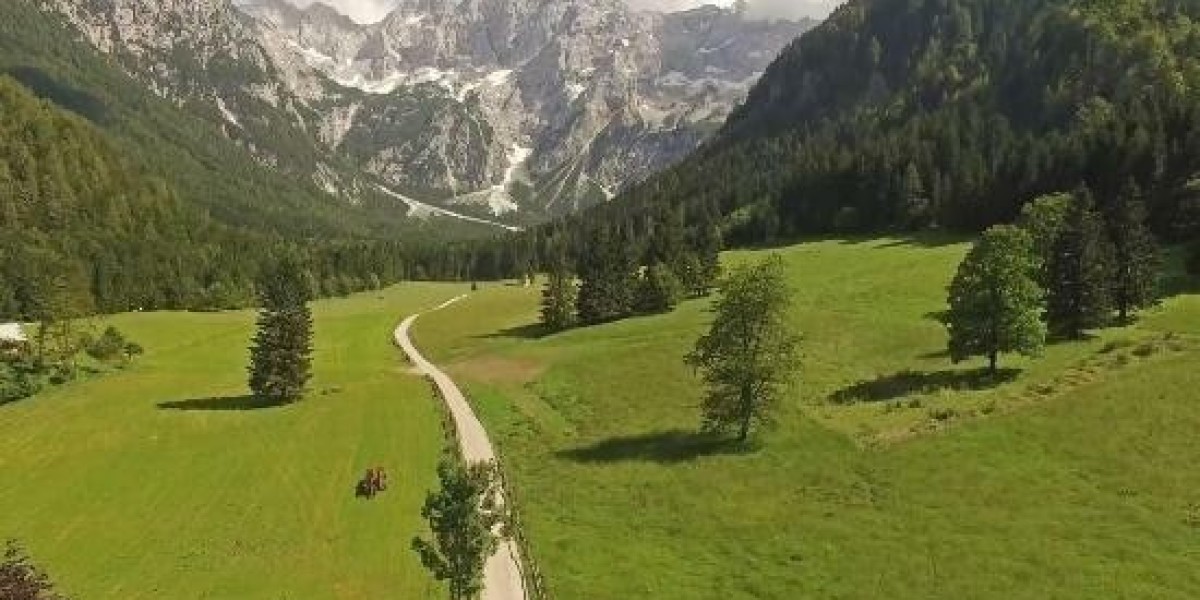To Apply for Passport, the process depends on your country. Here's a general step-by-step guide for applying for a passport in most countries, followed by country-specific info for a few common locations. Passports are more than just travel documents—they are powerful tools used by countries around the world to maintain security, monitor movement, and fight international crime. When you pass through airport immigration or apply for a visa, you’re not just showing your identity—you’re also entering a global web of security systems that keep watch on who’s crossing borders and why. Here’s how it all works.
1. What’s Inside Your Passport
A modern passport contains much more than your photo and personal details. Many now include electronic chips—these are known as e-passports or biometric passports. These chips store your fingerprint, iris scan, and a digital copy of your photograph. This data allows immigration officials to quickly verify your identity and check it against global databases.
2. Interpol and Lost/Stolen Passport Databases
One of the major threats in international law enforcement is the misuse of lost or stolen passports. To fight this, INTERPOL operates a global database called SLTD (Stolen and Lost Travel Documents), which is accessed by border agencies in over 190 countries. If a passport reported as missing is scanned at an entry point, the system alerts border security in real time.
This has helped stop thousands of individuals from trying to cross borders with fake or misused documents.
3. Sharing Data Between Countries
Governments often share information to enhance global security. If a country finds that a person is under investigation or on a watchlist, they can notify other nations. This way, countries coordinate to deny entry, issue alerts, or detain suspects. Systems like the Visa Information System (VIS) in Europe or the U.S. Visa Waiver Program collect and share such data for mutual safety.
4. Border Control and Biometrics
Biometric systems—like facial recognition, fingerprints, and iris scans—are used to match the traveler’s identity to the one encoded in their passport chip. These checks prevent criminals from traveling under someone else’s identity. Many international airports now have automated gates that verify these biometric details quickly and securely.
5. Red Notices and International Warrants
Interpol issues what’s known as Red Notices—these are alerts to all member countries about people wanted for serious crimes. If someone with a Red Notice tied to their passport tries to leave or enter a country, authorities are alerted. Border officials can then hold or question the person until further instructions are given.
This global network has helped capture terrorists, smugglers, fugitives, and people involved in financial crimes.
6. Fighting Human Trafficking and Smuggling
Passports also play a critical role in identifying victims and perpetrators of human trafficking and smuggling. By checking travel patterns, document authenticity, and passenger information, border forces can identify suspicious activity. Coordinated investigations can then lead to the rescue of trafficked individuals and the arrest of traffickers.
7. Preventing Identity Theft
Because of the biometric features now embedded in passports, it’s much harder for someone to forge or misuse them. In the past, altering a photograph or name might fool officials. But with digital and biometric checks, identity theft using travel documents has become extremely difficult.
That said, travelers are still advised to keep their passports safe and to report loss or theft immediately.
8. Passport Blacklists
Some countries maintain internal blacklists of people who are not allowed to leave or enter. These lists could include individuals facing legal proceedings, people under investigation, or those posing a national security risk. Passports are scanned and cross-checked against these lists at every border crossing.
9. Refugees and Fake Passports
In conflict zones, it’s common for refugees to lose their passports or for traffickers to provide fake documents. Law enforcement agencies are trained to identify these cases and distinguish between those fleeing danger and those attempting to enter illegally. Special protocols under UNHCR and international agreements help ensure refugees receive protection without compromising security.
10. Travel Bans and Sanctions
If a country or international organization imposes sanctions or travel bans on individuals or groups, passports are a key way to enforce those rules. For instance, people involved in terrorism financing, war crimes, or corruption may be restricted from international travel. Immigration systems use passport data to stop such individuals at the border.
11. How Countries Use AI and Big Data
Modern immigration systems don’t rely on one single check. Artificial intelligence (AI) and big data analysis are now used to flag unusual travel behavior. For example, if someone visits multiple high-risk regions in a short time or buys a last-minute one-way ticket, their passport details may trigger further review. These smart systems help border forces detect and prevent crime before it happens.
12. Why This Matters for Everyday Travelers
For the average traveler, passport checks may seem routine. But behind the scenes, every swipe, scan, or stamp plays a role in keeping global borders safe. By holding a secure and valid passport, you become part of a system that protects travelers, prevents crimes, and supports international cooperation.
Tips to Keep Your Passport Secure
- Always store your passport in a safe place while traveling.
- Never share passport photos or numbers online.
- Report any loss or theft to local police and your country’s embassy immediately.
- Check visa and entry requirements before international travel.
- Keep a digital and physical copy of your passport when abroad.
Also Read: How To Apply For A Tatkal Passport: Step-by-Step Guide
Conclusion
Your passport is more than your ticket to see the world—it’s a vital piece of global security. It connects you to international systems designed to track, protect, and manage cross-border movement. So the next time you go through immigration, remember: you're part of a vast network keeping the world a safer place.
If you’re planning to apply for a passport or want help renewing it, reach out to trusted passport services that can guide you through the process safely and quickly.


